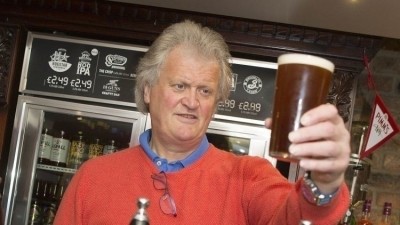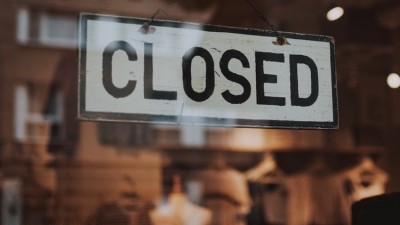Second lockdown ‘costs JDW £14m’
In a trading update for the 15 weeks to 8 November 2020, the pub giant also revealed its like-for-like sales dropped by more than a quarter (27.6%).
It stated sales in October were significantly lower than previous months following the requirements of new restrictions.
Currently, 756 JDW pubs in England, Northern Ireland and the Republic of Ireland are closed with the company highlighting that the sites will remain shut until it gets Government guidance that they can reopen.
Serious effect
The group also has 64 trading pubs in Scotland and 51 in Wales and reported the tier system in Scotland is having a “serious effect on trade”.
The trading update also revealed JDW undertook a share placing in April 2020, which raised £137.7m and £48.3m was raised through a Coronavirus Large Business Interruption Loan Scheme in August 2020.
JDW had £234m of liquidity on 25 October 2020, which it stated is significantly higher and current liabilities are lower than before the March lockdown.
JDW chairman Tim Martin said: “For any pub or restaurant company trading in different parts of the UK and for customers generally the constantly changing national and local regulations , combined with geographical areas moving from one tier to another in the different jurisdictions are baffling and confusing."
Complete muddle
Martin added: “The entire regulatory situation is a complete muddle. However, the initial regulations, following reopening on 4 July, were carefully thought through, following through consultation, and were based on solid scientific foundations of social distancing and hygiene.
“The benefits of the regulatory hyperactivity since then, including the imposition of a curfew, are questionable.
“A particular anxiety in the hospitality industry relates to the future timescale for the ending of ‘temporary’ regulations.
“Veterans of the industry will recall the afternoon closing of pubs between 3pm and 6pm was imposed in the First World War, to encourage munitions workers to return to their factories but the requirement for afternoon closing was only abolished in 1986.”








